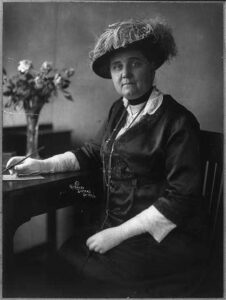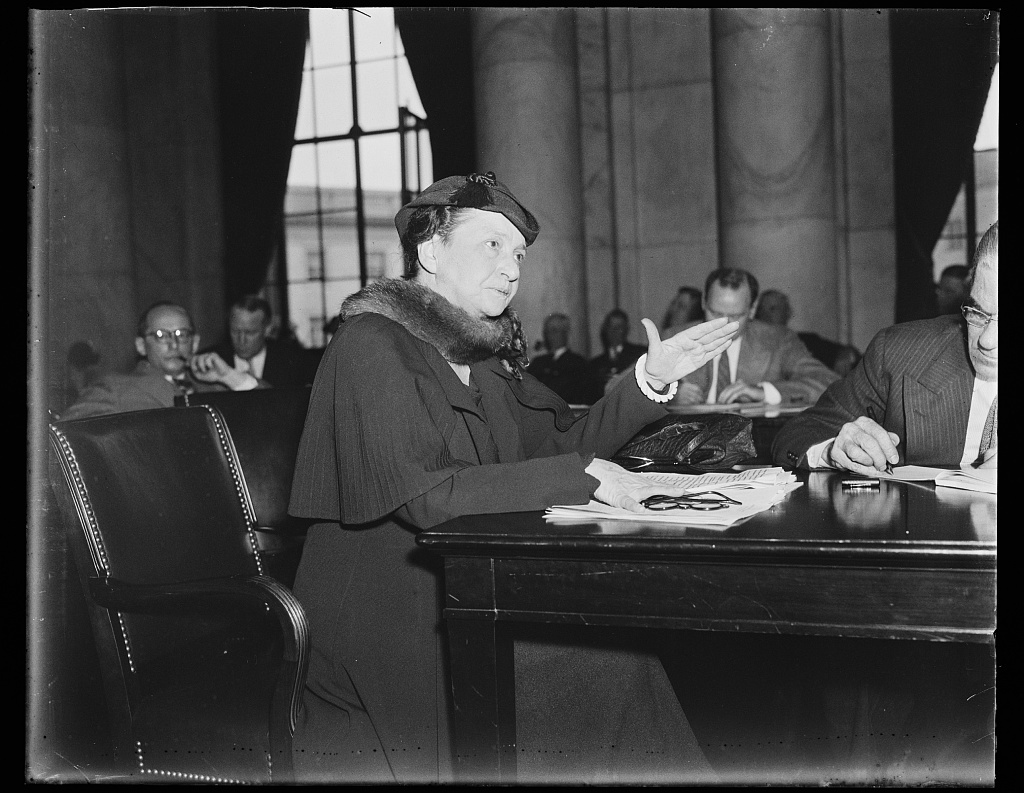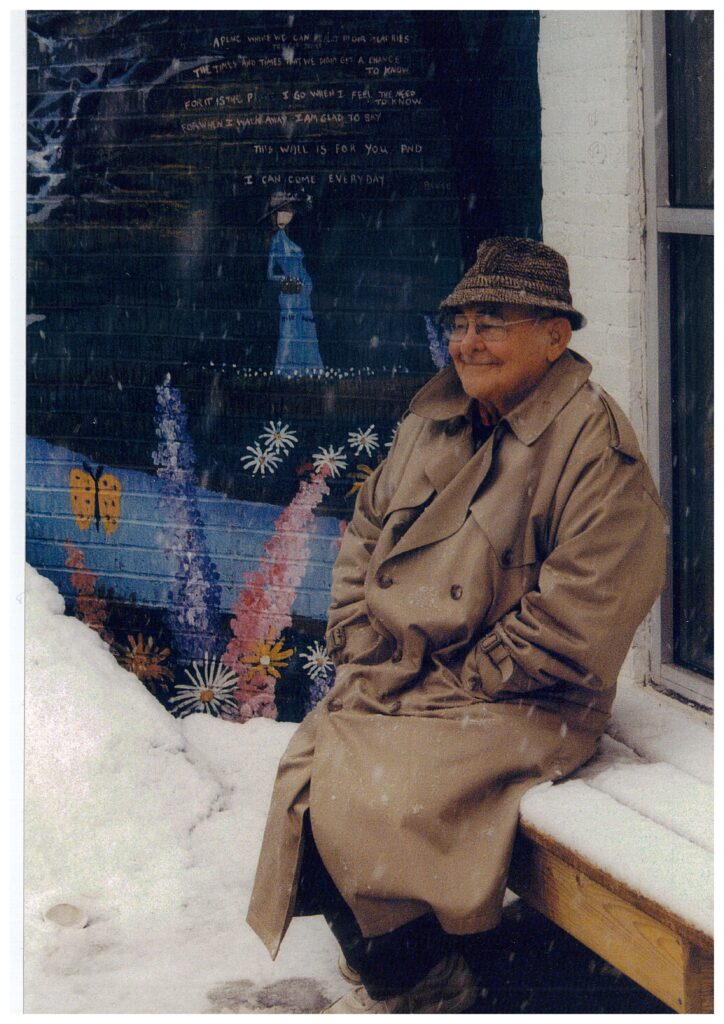It is surprising to learn that early social workers helped secure many of the civil liberties and personal freedoms that we enjoy today.
Indeed, professional social work has played a significant role in shaping the landscape of the modern the United States, with many early social workers becoming advocates for social justice and change. Social workers in the 20th century, many of whom were women, bore witness to social and societal inequities and demanded change from policy- and lawmakers. Pioneers, like Jane Addams, Frances Perkins, and Whitney M. Young Jr., established settlement houses for immigrants in the early 1900s and shaped important federal legislation, like FDR’s New Deal and LBJ’s War on Poverty. Many of Preble Street’s conference rooms and offices are named in their honor and to commemorate their legacies and contributions to society.

Jane Addams (1860-1935)

Frances Perkins (1880-1965)
Civil rights secured by social workers...
- Civil rights of all people regardless of gender, race, faith, or sexual orientation are protected.
- Workers enjoy unemployment insurance, disability pay, worker’s compensation and Social Security.
- People with mental illness and developmental disabilities are afforded humane treatment.
- Medicaid and Medicare give poor, disabled and elderly people access to health care.
- Society seeks to prevent child abuse and neglect.
Today, social work is governed and guided by a Code of Ethics, as laid out by the National Association of Social Workers (NASW). These ethics are foundational to successful social work in contemporary society and provide the groundwork for social work at Preble Street and across a variety of contexts. Some of the core ethical principles are seen below…
These principles guide social workers at large and Preble Street staff on how to engage with the people we serve, colleagues, and broader society. Central to social work is recognizing the inherent worth of people, regardless of situation or circumstance, and working to help those in need both at the individual level and at the societal level through advocacy
Social work code of ethics
- Service: Social workers’ primary goal is to help people in need and to address social problems.
- Social Justice: Social workers challenge social injustice.
- Dignity and Worth of the Person: Social workers respect the inherent dignity and worth of the person.
Preble Street has been grounded in social work, and a corresponding code of ethics since its creation in 1975. Founder, Joe Kreisler, started Preble Street with an emphasis on empowering people experiencing poverty, homelessness, or hunger, and providing low-barrier, accessible services, like case management, meals, counseling, etc., to help people meet their own goals. These fundamental ethical principles – to help people in need, all people have inherent worth, etc. – underpinned Joe Kreisler’s philosophy of social work and Preble Street’s work as an agency, prioritizing helping people by making services as accessible as possible.

Preble Street staff carry on the legacy of Joe Kreisler and early social work pioneers. They embody the social work code of ethics in how they approach their work today and build relationships with the people we serve. They serve people in need at the individual level, helping people meet their goals and connecting them to resources, and advocate for societal and systemic change, drawing upon their experience serving people, like their early social work predecessors, and uplifting the voices of clients to inform theirs and legislators’ perspectives on important policy issues.
Learn more

Preble Street Welcomes Three New Members to Board of Directors
Preble Street, a social work agency empowering people experiencing homelessness, hunger, or poverty and advocating for solutions to these problems, has appointed three new members to its Board of Directors. Justin Rosner, Principal, Battery Ventures; Chris Ellingwood, Principal, BerryDunn’s Commercial Practice Group; and Joe Ingream, Senior Vice President and Head of Employee Benefits, OneAmerica Financial,

A look back at 2023
2023, like most years, was full of many challenges. But, after nearly 50 years of anti-poverty work, we know how important it is to focus on the many positive things that happened this year. Preble Street continued to produce and distribute thousands of daily meals at our Food Security Hub to meet increasing food needs,

Preble Street Board Profile – Chip Leighton: Curbside Winter 2023/24
How did you first get involved with Preble Street? About 15 years ago, I started volunteering at the (then) Soup Kitchen with a group from my church, St. Alban’s Episcopal Church in Cape Elizabeth. I spent the first five years or so on the cleanup crew before I finally graduated to kitchen duties! What do

